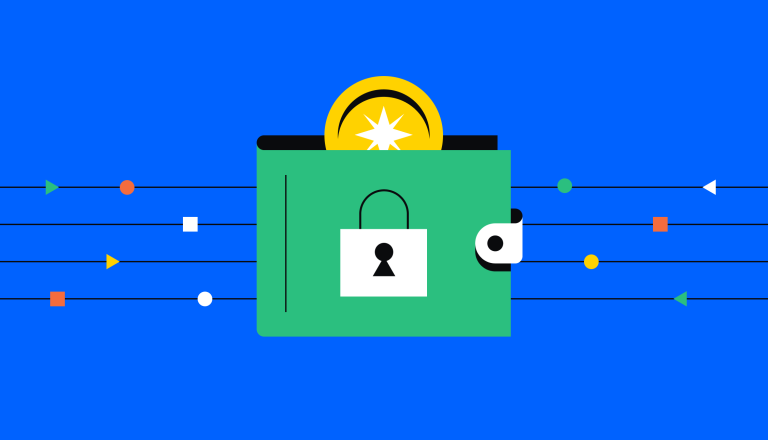Can cryptocurrency be hacked?

Cryptocurrencies utilize blockchain technology, which aims to be secure and resistant to hacking.
Nevertheless, vulnerabilities may exist in wallets, platforms, and other points of access, which could potentially be exploited by hackers.
Users can take measures to secure their cryptocurrency and protect it from potential threats.
Understanding Blockchain Security
Blockchain technology, the backbone of cryptocurrency, is designed with the intention of being secure and resistant to hacking. It employs cryptographic techniques and consensus mechanisms to strive to ensure the integrity of transactions. Each transaction is encoded and linked to the previous one, forming a chain of blocks. This aims to make it nearly impossible to alter or tamper with the data once it's been added to the blockchain.
However, a blockchain could potentially be attacked if a group controls more than 50% of the network's computational power, known as a 51% attack. This allows them to alter transactions that haven't been confirmed by the blockchain. But such attacks are extremely difficult and costly to execute, especially on larger networks.
Where Cryptocurrency Compromises Happen
While the blockchain itself aims to be secure, vulnerabilities may exist in the points of access, such as wallets and platforms. Cryptocurrency ownership is tied to a private key, which is stored in a wallet. If a hacker can gain access to this key, they may be able to take the associated cryptocurrency.
Wallets can be either hot (connected to the internet) or cold (not connected). Hot wallets are more vulnerable to hacking as they are always connected to the internet. Cold wallets, on the other hand, aim to be more secure but can still be compromised if the physical device is stolen or the private key is somehow exposed.
Platforms, which hold private keys for many users, are also attractive targets for hackers. If a platform is compromised, all the cryptocurrency associated with the stolen keys could potentially be lost.
How to Secure Your Cryptocurrency
There are several steps users can take to secure their cryptocurrency. The first is understanding how private keys are stored and accessed. It's generally considered safer to store keys in a cold wallet and to keep the device in a secure location.
Users should also be mindful about who has access to their keys. The saying "Not your keys, not your coin" emphasizes the importance of maintaining control over your private keys. If you allow access to your keys to a third party, such as a platform, you're relying on their security measures to protect your cryptocurrency.
Finally, users should be aware of common scams and phishing attempts. Hackers often try to trick users into revealing their private keys or other sensitive information. Being vigilant and double-checking all transactions can help prevent these types of attacks.
The Reality of Cryptocurrency Compromises
Despite the security measures in place, cryptocurrency compromises do happen. The history of cryptocurrency is marked with high-profile compromises that have resulted in losses. These compromises often exploit vulnerabilities in wallets, platforms, and other points of access, rather than the blockchain itself.
However, it's important to note that these compromises are not a reflection of the security of blockchain technology or cryptocurrency as a whole. Rather, they highlight the importance of individual security practices and the need for users to take proactive steps to protect their cryptocurrency.
Protecting Your Cryptocurrency
Securing your cryptocurrency is a continuous process that requires vigilance and an understanding of potential threats. By keeping your private keys secure, using reputable platforms, and being aware of common scams, you may potentially reduce the risk of your cryptocurrency being compromised. Remember, the security of your cryptocurrency may largely depend on your actions.


